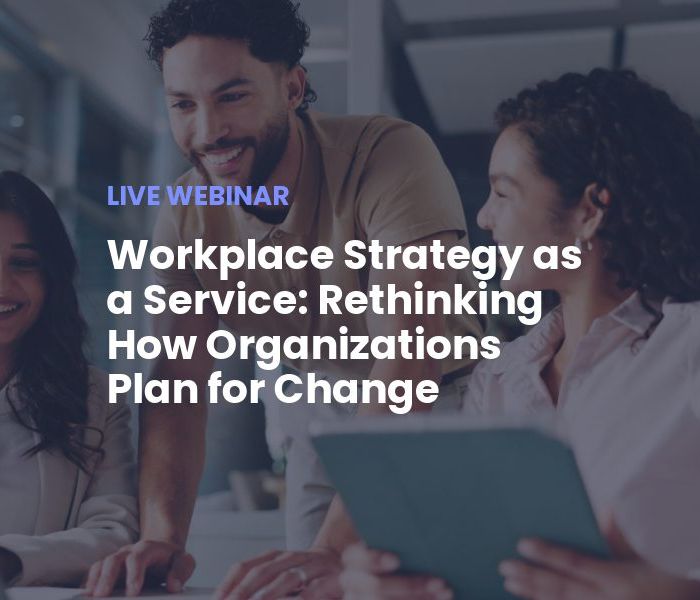Ten years ago, cloud computing was the number one technology impacting corporate leadership and IT effectiveness. Would it surprise you to know the same is essentially true today?
IT leaders across the board are looking at 2020 and beyond almost exclusively in terms of the cloud: from hybrid models and private clouds to serverless paradigms and expansive API integrations, the cloud continues to dominate IT innovation and corporate strategy. Machine learning, artificial intelligence, the IOT and IOE, even quantum computing all trace their roots to the data and power available in the cloud.
How did this technology so completely transform corporate IT? Here are a few key business benefits of moving to the cloud that continue to make the case today.

Efficiency
Cloud computing is based on the idea that the bulk of the workload takes place on a machine, usually remote, that is not the one currently being used. Data collected is stored and processed by remote, or cloud, servers. This means the machine or device being used doesn’t have to work as hard. Cloud applications are typically hosted by public cloud providers such as Microsoft Azure or AWS, creating an opportunity for internal IT organizations to shift non-mission critical enterprise solutions to Cloud Service Providers so they can concentrate on their core business systems. This can result in significant cost reductions, more efficient operations and greater agility in support of an organizations mission.
The market research company Vanson Bourne released a report entitled “The Business Impact of the Cloud” which demonstrated that companies’ adopting cloud technologies are reaping the benefits, including an average 19.63% increase in company growth.
Scalability
Cloud solutions enable enterprises to quickly and easily scale their IT efforts up or down, based on their unique business needs. If your business demands increase, you can easily increase your cloud resources without having to invest in physical infrastructure. This scalability gives cloud-based organizations an advantage over competitors by minimizing the risk and cost associated with in-house operational management and maintenance especially when it comes to enterprise solutions that are important to individual business units but may not have mission critical value to the entire organization.
Further, cloud scalability extends to the possibility for integrations. Not only does cloud computing allow organizations to scale up or down as their business needs change, it creates a new opportunity to scale across the IT spectrum with powerful application level integrations to existing internally hosted data solutions or even other Cloud solution.
Mobility
It is the area of user experience where the cloud might have its most far-reaching impact. Cloud computing is essentially computing based on the internet. In the past, people would run programs from software downloaded on a physical computer or server on their local network. Cloud computing allows people access to the same kinds of applications through the internet which has opened the door for true mobility.
Employees in every industry are embracing mobility as a way to improve their work/life balance and increase their personal productivity. More agile work styles combined with the rise of a global economy means work is happening 24/7, and the traditional 9-5 workday has become obsolete. HR departments are recognizing mobility and flexible work schedules as a unique benefit that improves both recruiting and retention. Real estate executives are seeing the opportunity to optimize their portfolios, armed with real-time utilization data provided by IoT occupancy sensors. The cloud has fostered a digital workplace that brings HR, IT and Facilities together in a new way to create a dynamic employee experience that benefits both the employee and the employer.
The extraordinary impact of the cloud continues to reverberate, and its impact on the workplace experience can’t be overstated. IT leaders will continue to innovate and grow their business with cloud-first and cloud-only policies. If the cloud is still uncharted territory for your organization, let FM:Systems be your guide to the dynamic digital workplace.
Learn more about the benefits of SaaS by downloading our e-book: The Top 5 Benefits of SaaS










